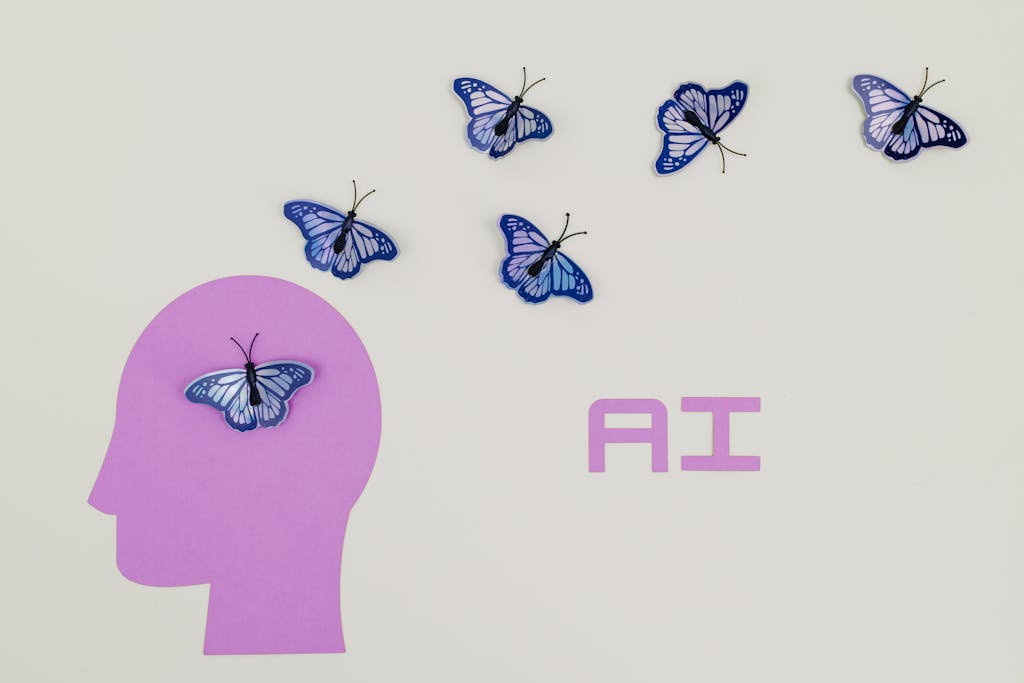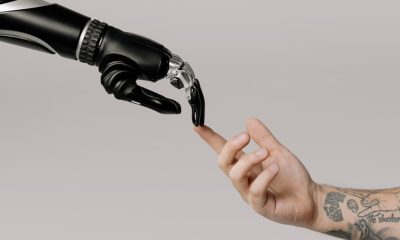Artificial Intelligence (AI) is transforming industries, including software development. The AI market is projected to grow by 37.3% between 2023 and 2030, with significant investment in AI software development. Tech leaders must embrace AI to remain competitive. This article explores AI’s role in software development, its benefits, challenges, and best practices.
Will AI Replace Software Developers?
AI enhances software engineering but won’t replace developers entirely. AI-driven tools automate repetitive tasks, assist in code generation, and streamline debugging. Studies show that 70% of developers believe AI coding tools improve their efficiency. Corey Coto, SVP of Product Development at Pluralsight, notes that AI empowers developers to focus on high-level problem-solving rather than replace them. Companies integrating AI will enhance their teams’ impact by reducing manual workloads and boosting productivity.
How AI Enhances Software Development
AI is reshaping software development in several ways:
Platform Thinking: Developers move from traditional design to goal-oriented platform development.
Collaboration Boost: AI drafts user stories, acceptance criteria, and documentation, improving communication.
Automated UI and Code Generation: AI lays the groundwork for UI and preliminary code, refining efficiency.
Faster Deployment: AI streamlines coding, PR creation, and review processes, accelerating development cycles.
Improved Testing: AI-driven tools enhance unit and regression testing, reducing errors.
Opportunities and Risks in AI Code Development
AI brings opportunities but also introduces risks. Understanding both is crucial for effective adoption.
Opportunities:
Automation: AI efficiently handles repetitive coding tasks.
Code Generation: AI speeds up development by providing initial code drafts.
Bug Detection: AI identifies and suggests fixes for coding errors.
Optimized Workflows: AI enhances project planning and execution.
Risks:
Lack of Context: AI-generated code may not fully align with business goals.
Limited Strategic Thinking: AI cannot independently align projects with broader company strategies.
Data Privacy Concerns: AI models may introduce security vulnerabilities.
Overreliance on AI: Excessive AI use can reduce problem-solving skills among developers.
Best Practices for AI Software Development
To maximize AI’s benefits while mitigating risks, follow these best practices:
Define Use Cases: Apply AI where it adds tangible value, such as automation and bug detection.
Combine AI with Human Expertise: AI tools should support, not replace, human developers.
Ensure Security Compliance: Implement data privacy policies and AI governance frameworks.
Train Teams on AI: Educate developers and stakeholders on AI’s capabilities and limitations.
Adopt Ethical AI Development: Ensure AI models are fair, unbiased, and transparent.
The Future of AI in Software Development
AI software development is revolutionizing software creation and maintenance. While automation boosts productivity, human oversight remains essential for innovation and quality. Tech leaders must adapt AI advancements responsibly.
Pluralsight Flow offers tools to track AI adoption and optimize software development. By leveraging AI effectively, organizations can enhance efficiency while ensuring security and ethical integrity. Embracing AI is key to staying ahead in the evolving tech landscape.

 Tech & Gadgets4 years ago
Tech & Gadgets4 years ago
 Auto4 years ago
Auto4 years ago
 Finance4 years ago
Finance4 years ago
 Auto4 years ago
Auto4 years ago
 Auto4 years ago
Auto4 years ago
 Tech & Gadgets4 years ago
Tech & Gadgets4 years ago
 Health4 years ago
Health4 years ago
 Auto4 years ago
Auto4 years ago












